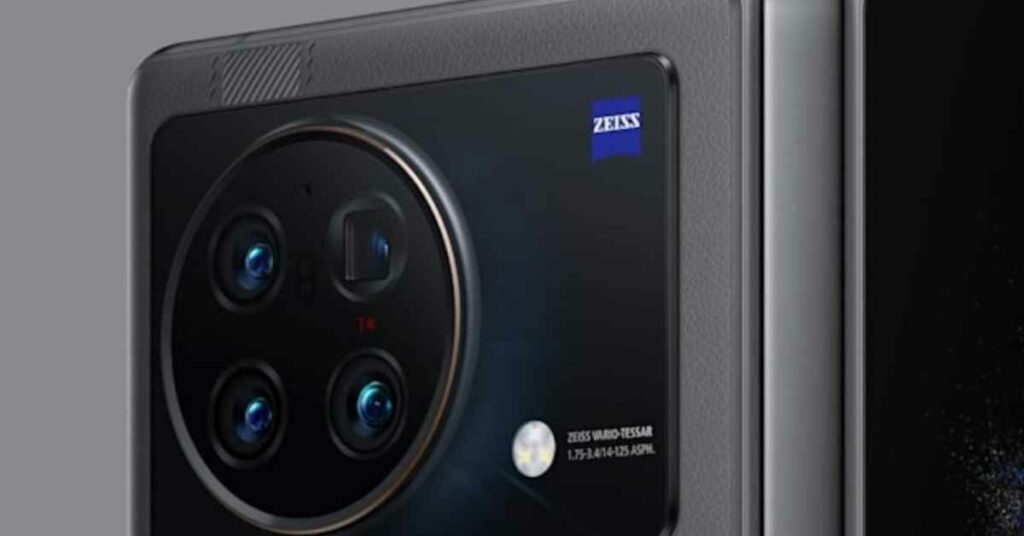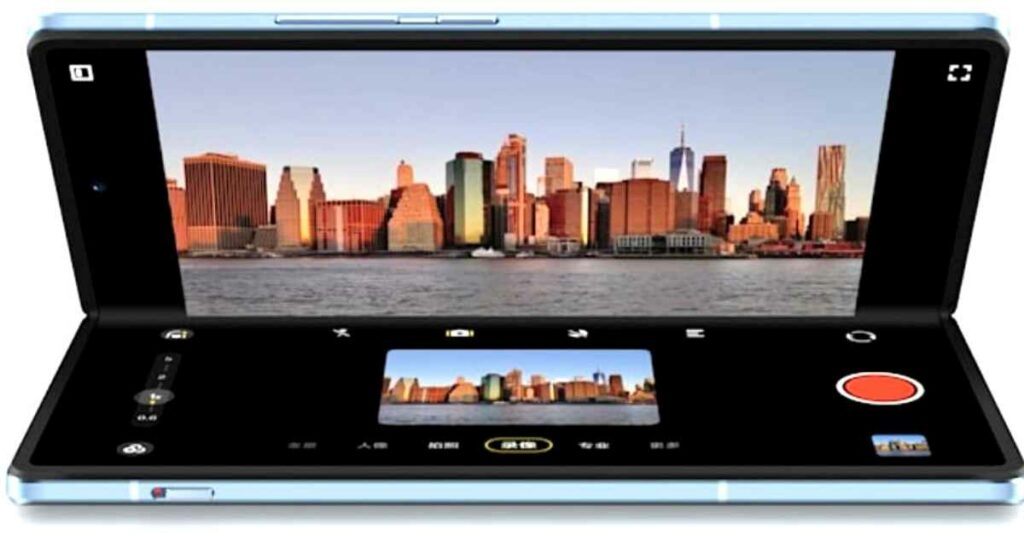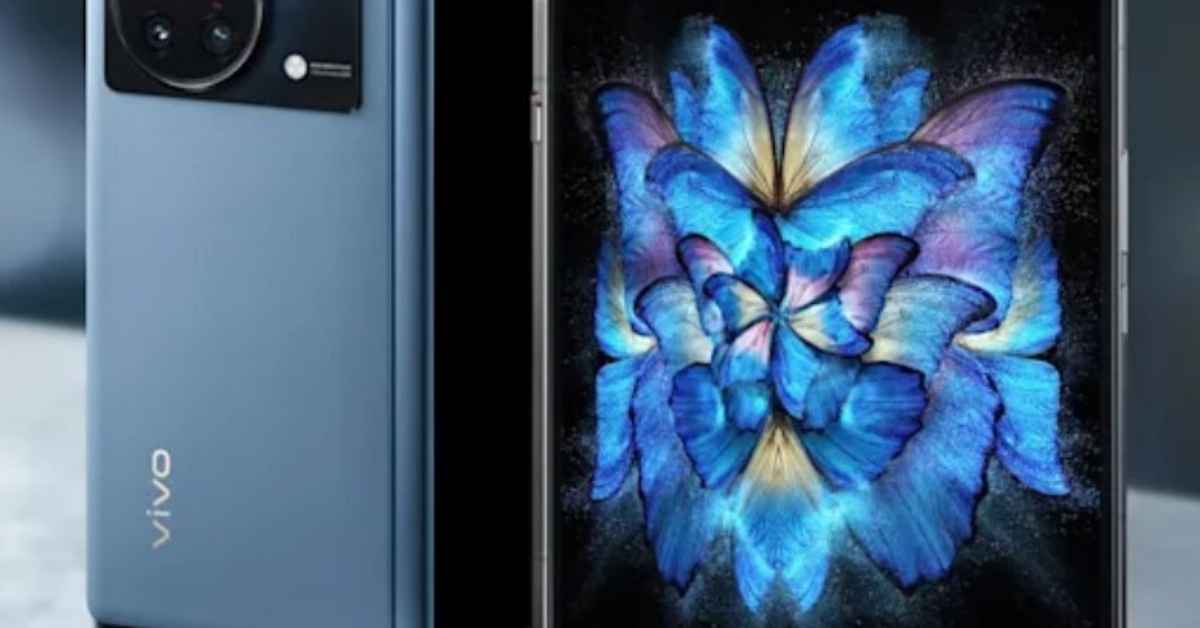Following Samsung, Huawei (and Honor), Motorola, Xiaomi, and Oppo, we have a new contender in the foldable smartphone market. As reported by Engadget Chinese earlier today, the Vivo X Fold is the first of its kind to pack not only Qualcomm’s Snapdragon 8 Gen 1 processor but also an under-display fingerprint reader — the ultrasonic kind — on both its main and external screens (instead of having a side-mounted capacitive sensor like other foldable). Sadly, this device is only available in China for now.
Like the Huawei Mate X2 and the Oppo Find N, the X Fold also adopted a water-drop flexion hinge design to achieve a gapless fold while minimizing its foldable AMOLED panel’s crease. But Vivo took things one step further: when opened, a zirconium alloy floating middle plate rises to gently push against the flexible panel, thus smoothing out the remaining crease. While this sounds impressive, we’ll have to see it in person to believe it.
According to TÜV Rheinland, Vivo’s X Fold can survive over 300,000 folds — 100,000 more than Oppo Find N’s certification. Assuming an average user would open and close a foldable phone 80 times a day, the X Fold should be good for around 10 years of daily usage. That is, of course, assuming you can tolerate the 311g weight for that long; Samsung and Huawei’s latest large-size foldable only weigh 271g and 295g, respectively.

The Vivo X Fold packs a surprisingly powerful set of cameras for a foldable phone. This is only the second foldable phone to carry a periscopic zoom camera (8MP, 5x optical zoom, optical stabilization) after Huawei’s Mate X2. The X Fold also comes with a 50MP main camera (Samsung GN5 sensor, f/1.75, optical stabilization), a 48MP ultra-wide camera (Sony IMX598, f/2.2, 114-degree field of view, low distortion), and a 12MP portrait camera (IMX663, f/1.98, 47mm equivalent focal length). And yes, you get Zeiss T* coating here for its anti-glare properties. It’s a similar setup to the X70 Pro+, except for the lack of micro-gimbal and missing optical stabilization on two of the cameras.
Like its competitors, some of the X Fold’s built-in apps — tucked inside the Android 12-based OriginOS Ocean — take advantage of the foldable form factor. For example, the camera app offers a kickstand mode handy for time-lapse videos and low-angle shots. You can also use the device like a laptop with the built-in Notes app and third-party Chinese apps like QQ for video calls and Youku for video streaming. Hopefully, Vivo will extend these benefits to Western apps ahead of a possible international launch.
There’s still a list of features worthy of mentioning. The 4,600mAh dual-cell battery supports 66W wired charging and 50W wireless charging, and 10W reverse charging to help your friends in need. The X Fold comes with an 80W USB-PD GaN charger with two USB-C ports to charge your laptop with it as well.

The phone also packs a Cirrus Logic CS43131 Hi-Fi chip (though no 3.5mm headphone jack), three microphones, stereo speakers, a barometer, various heat dissipation features, and an infrared port — a common feature on Chinese phones for controlling home appliances. And for the first time, Vivo added a physical silent mode slider, which is otherwise only seen on Apple and OnePlus devices these days.
The Vivo X Fold is already available for pre-ordering in China, with the 12GB RAM with 256GB storage version asking for 8,999 yuan (around $1,410), and the higher-end version with twice the storage going for 9,999 yuan ($1,570). You can pick either blue or grey, wrapped with vegan leather on the back.
Further Reading
5 Fastest-Growing Cybersecurity Skills That Will Shape The Future












